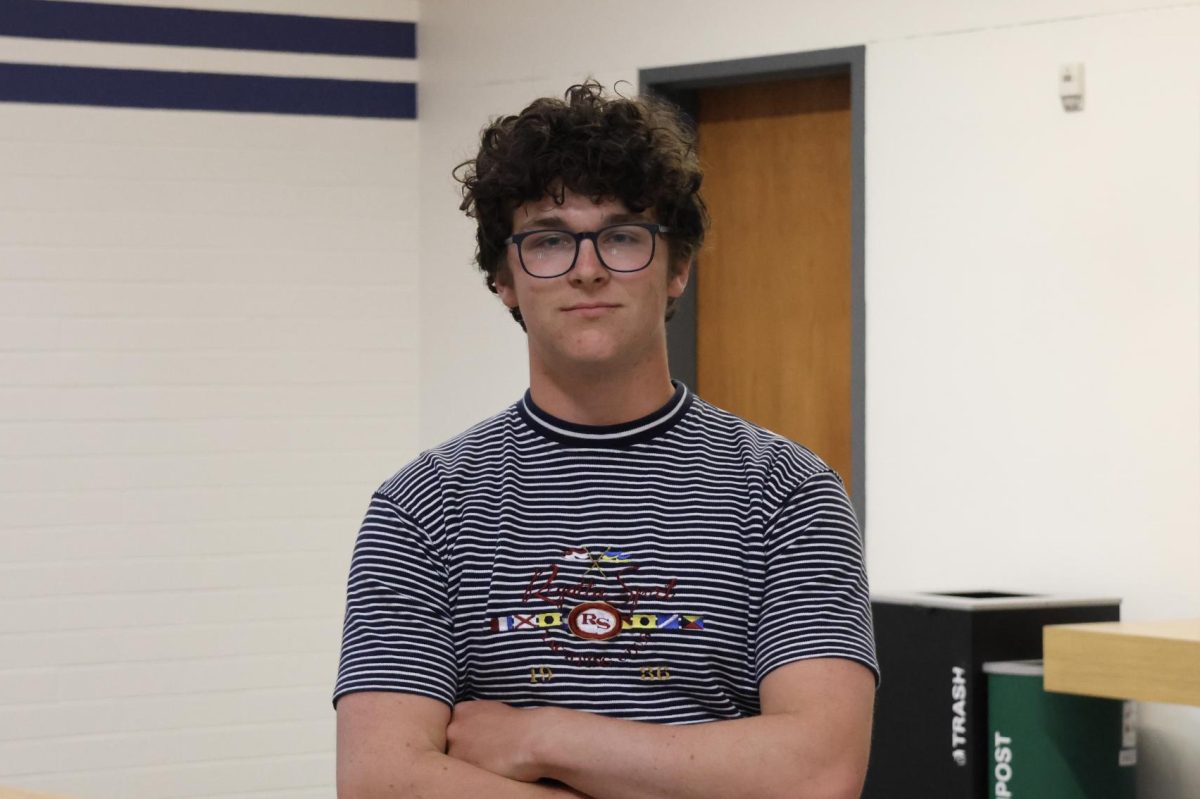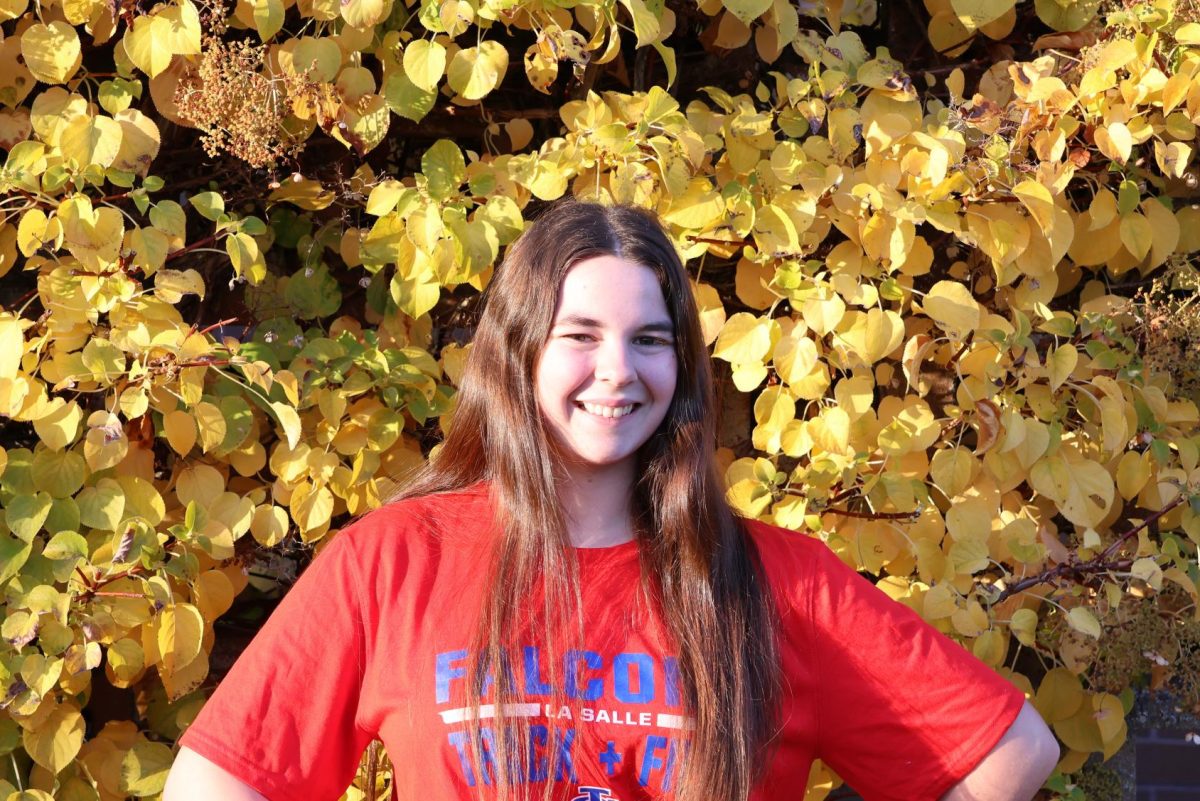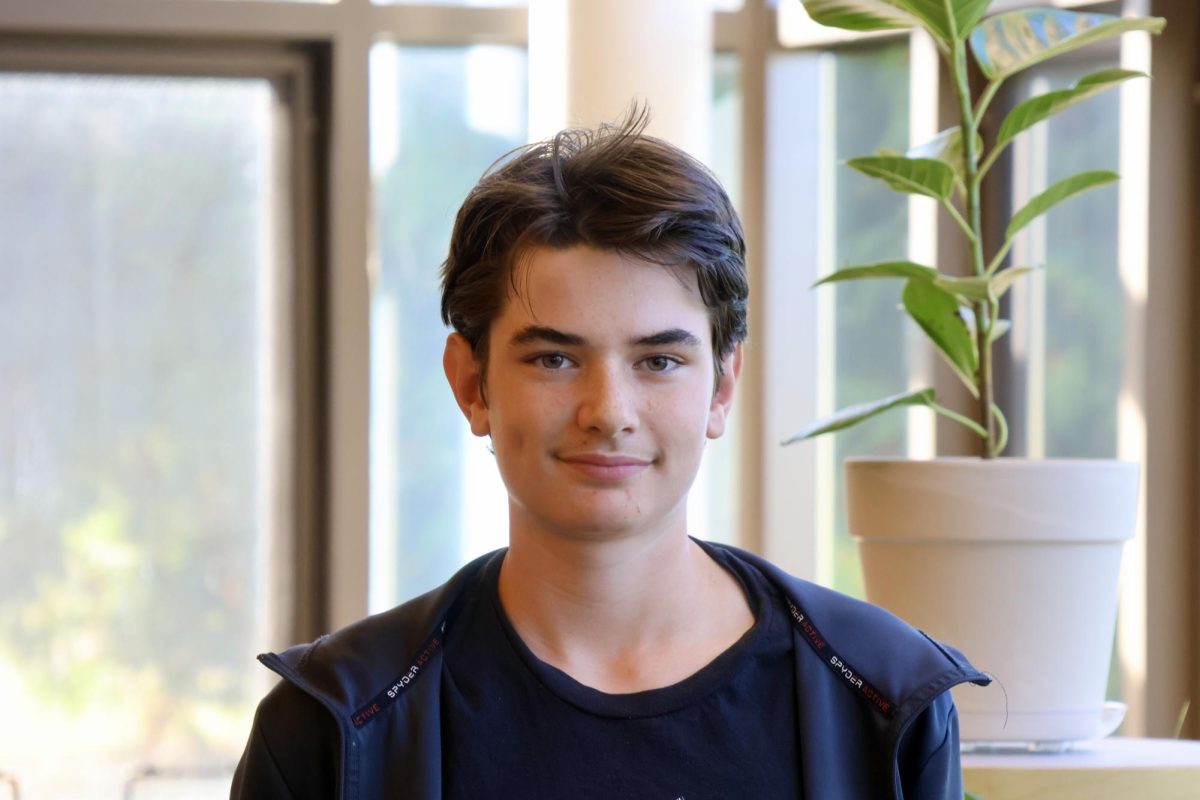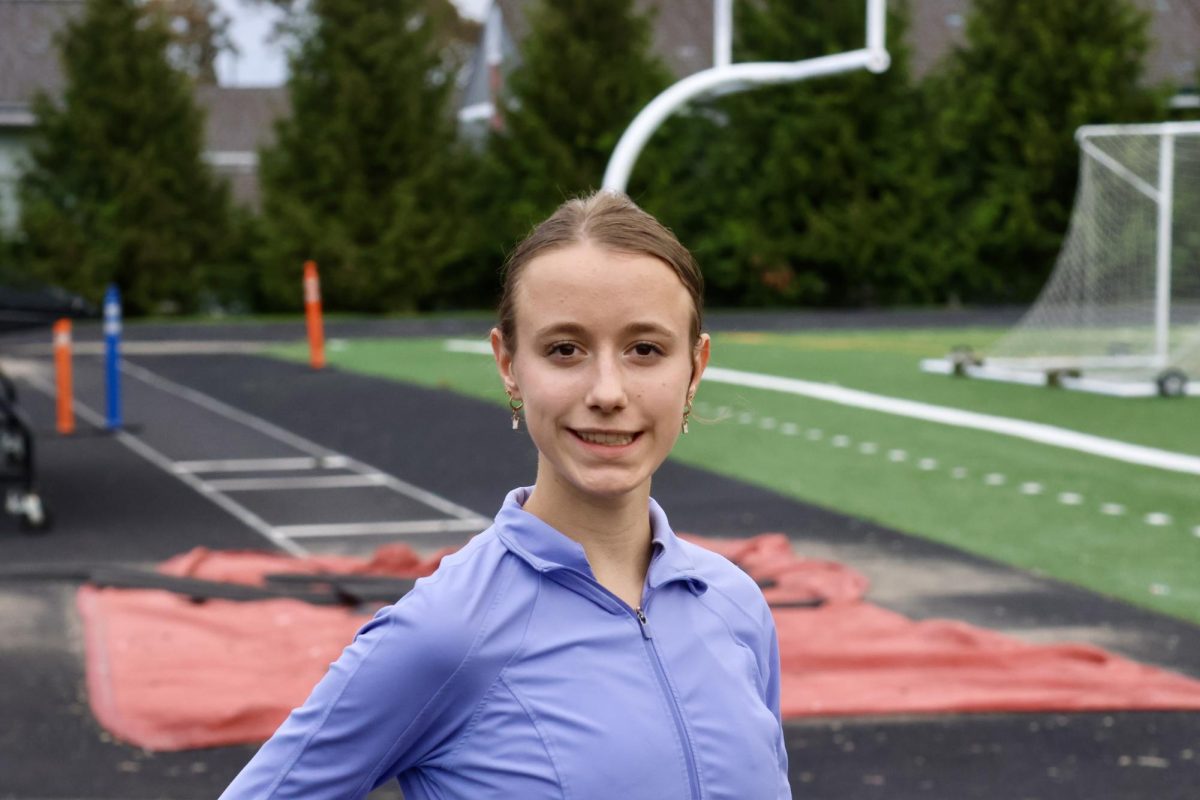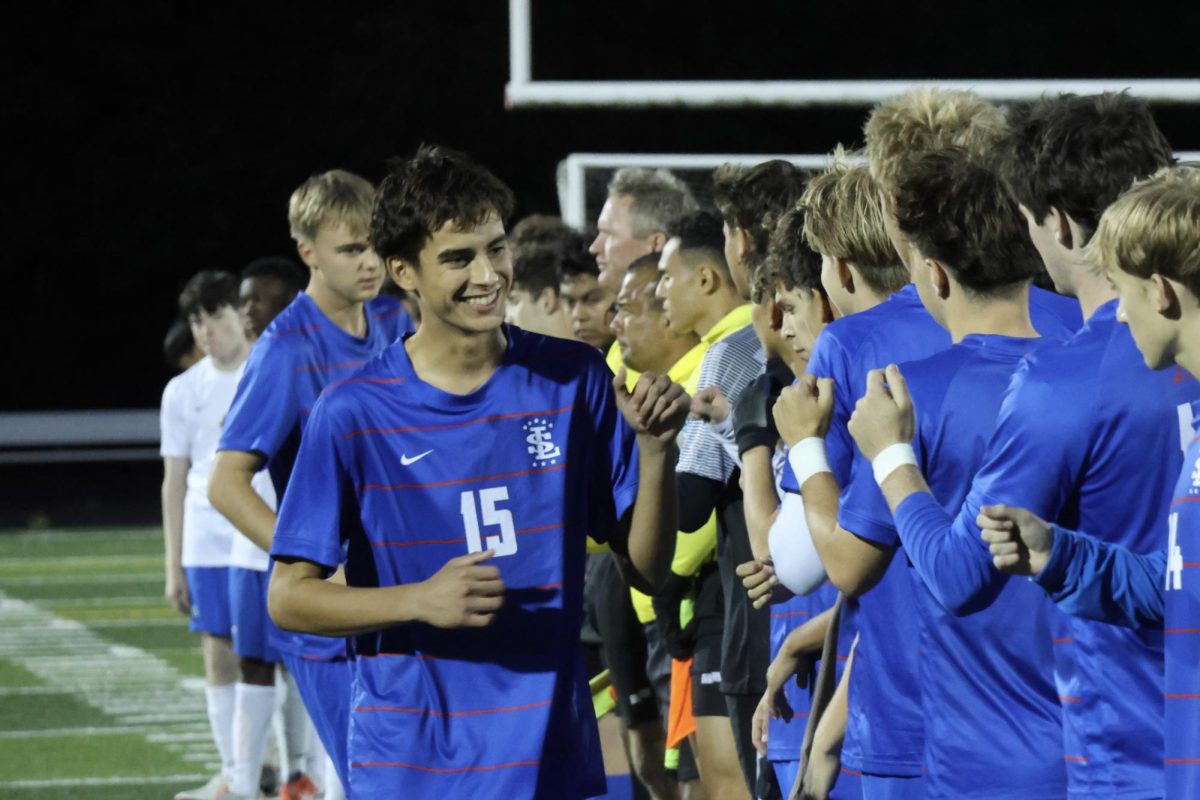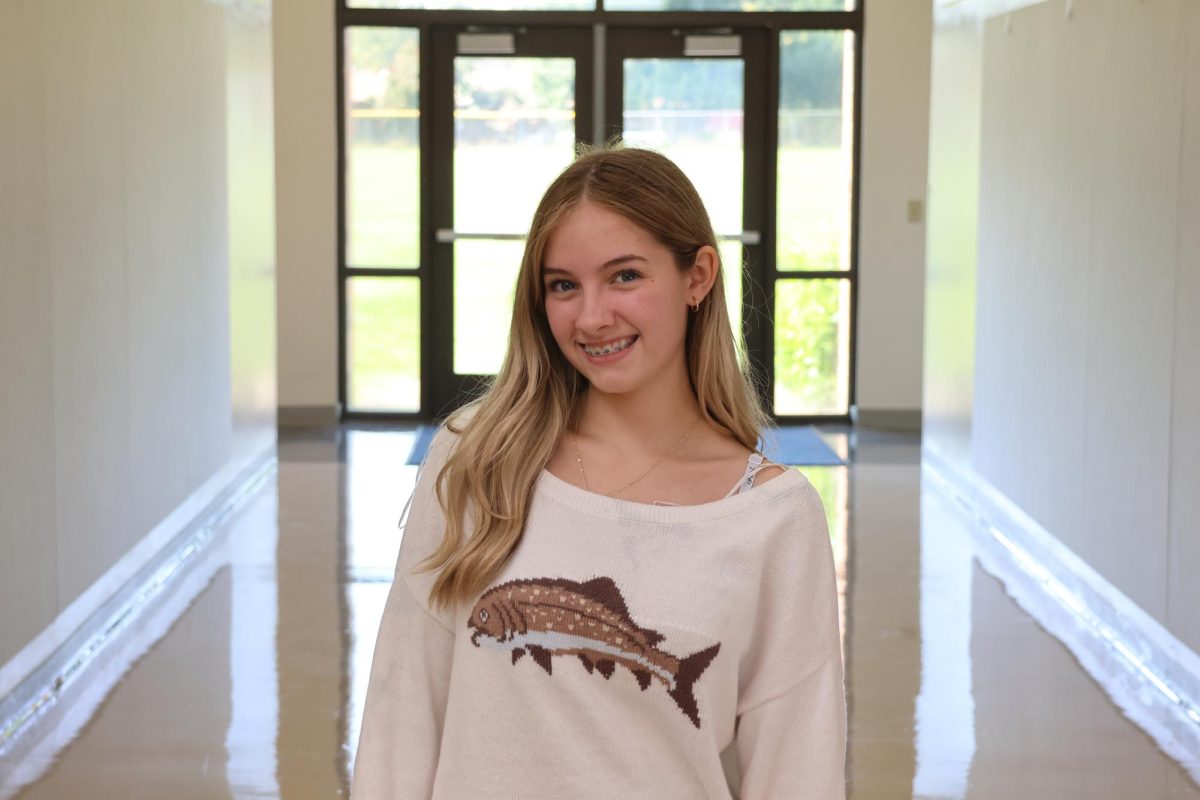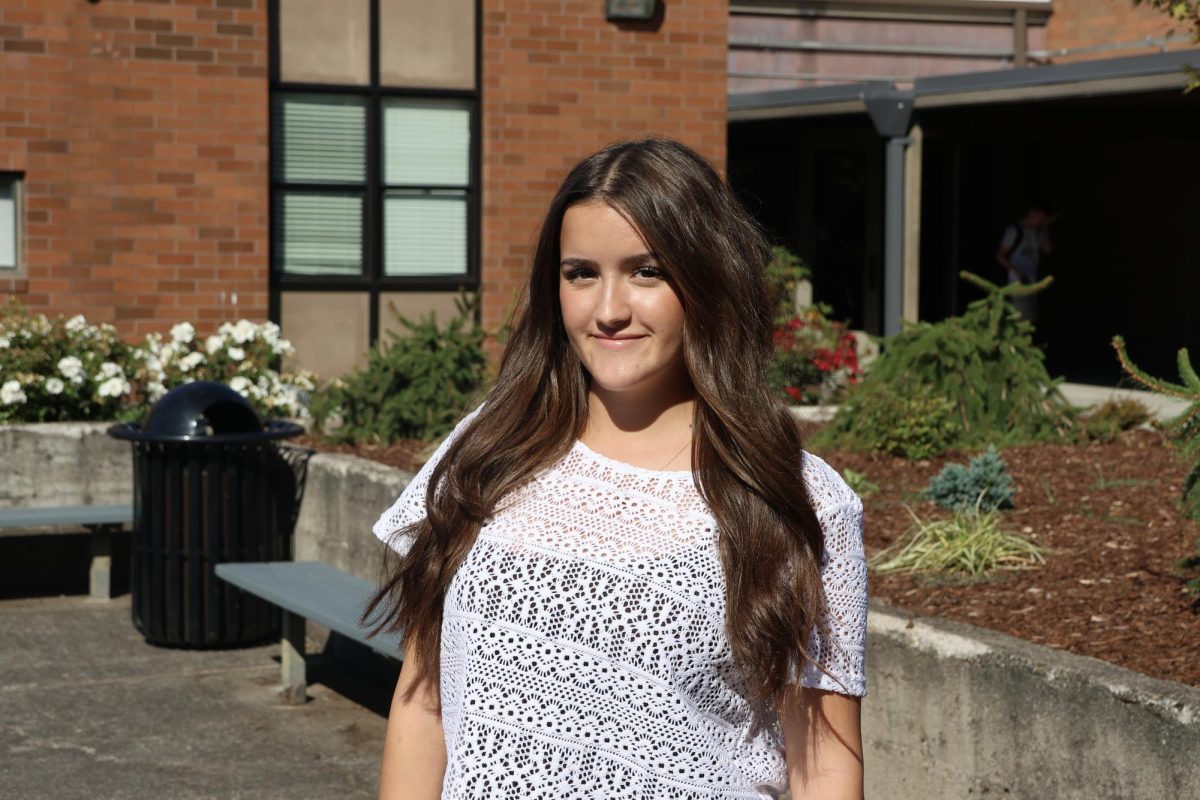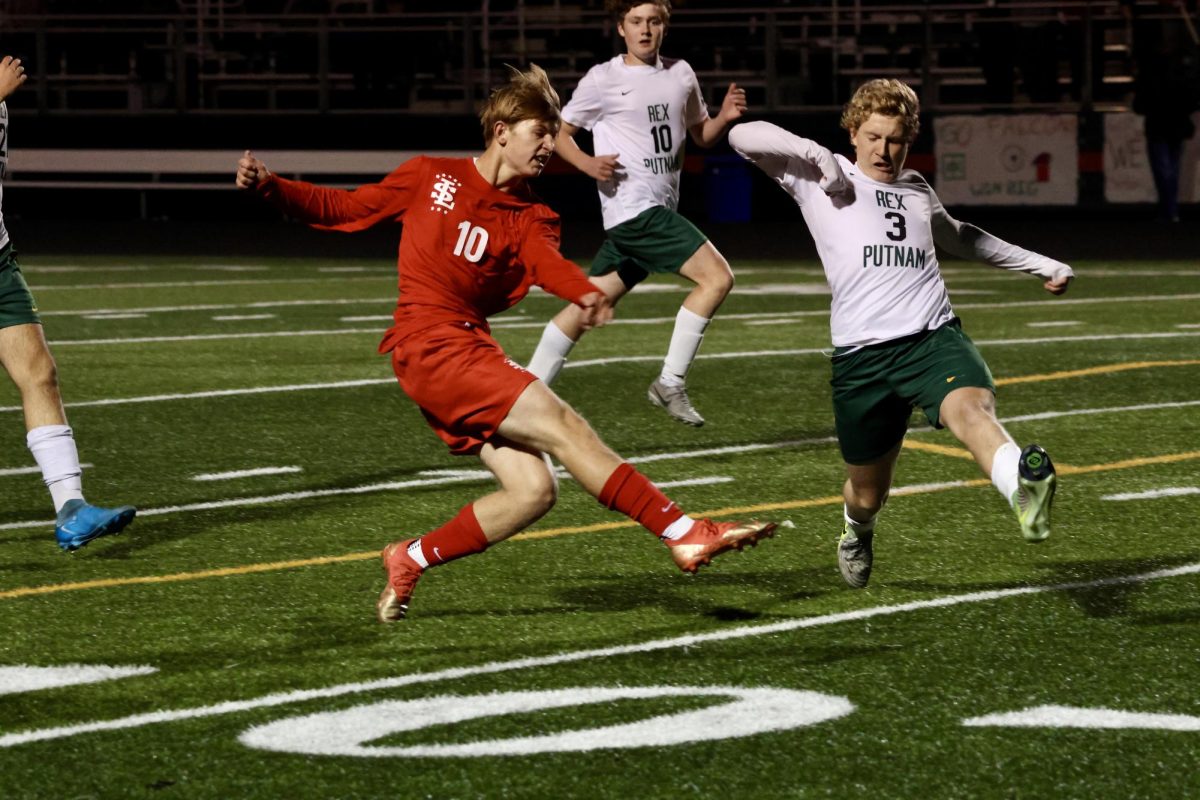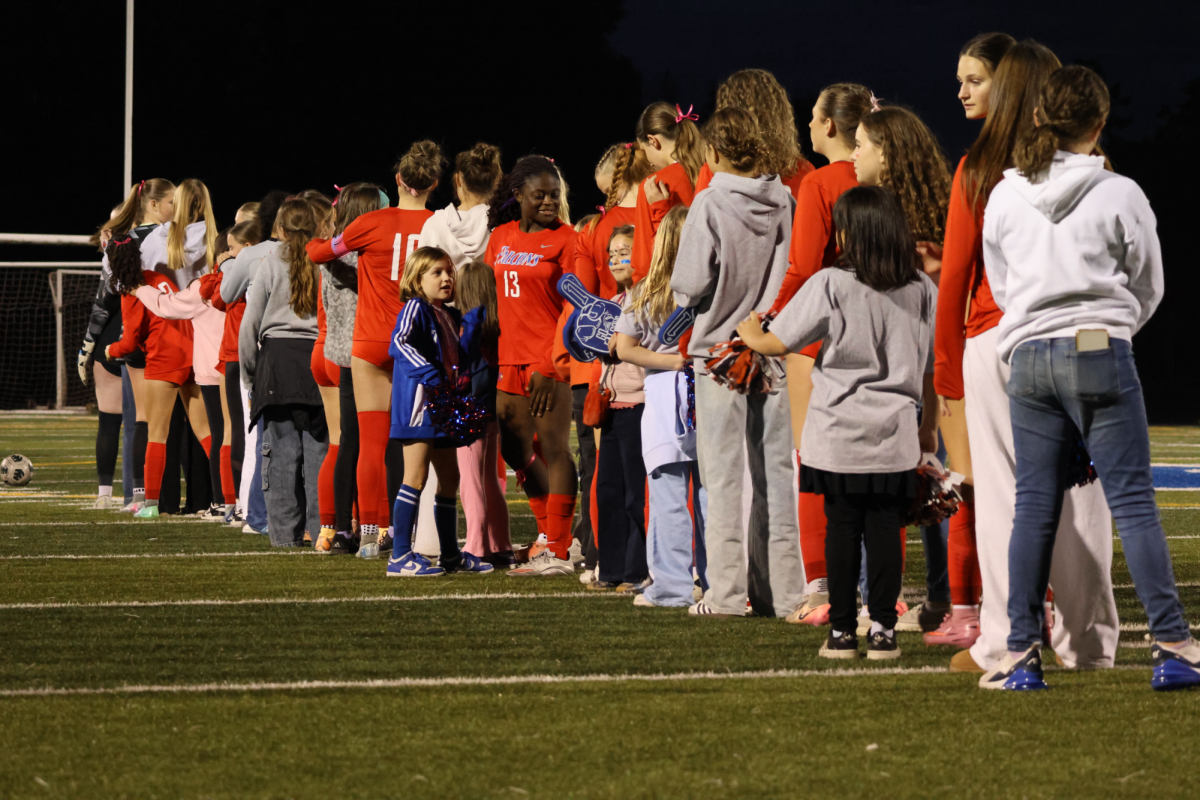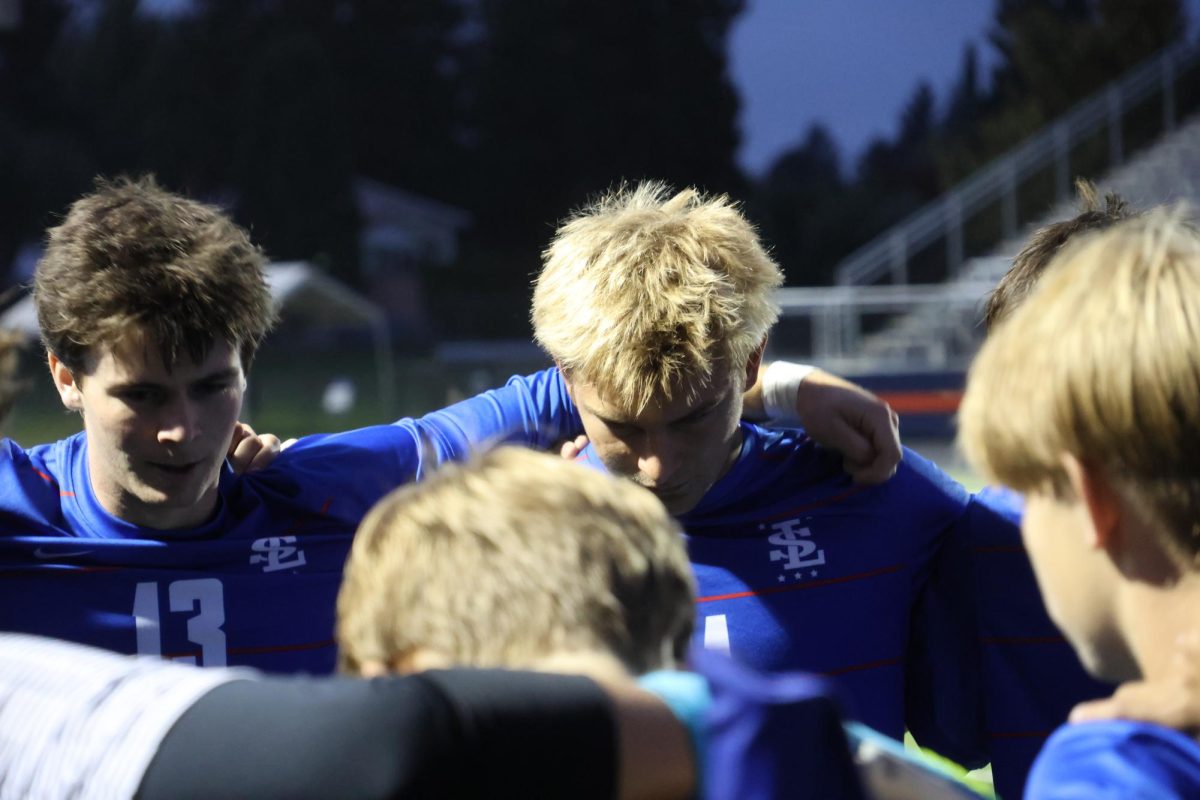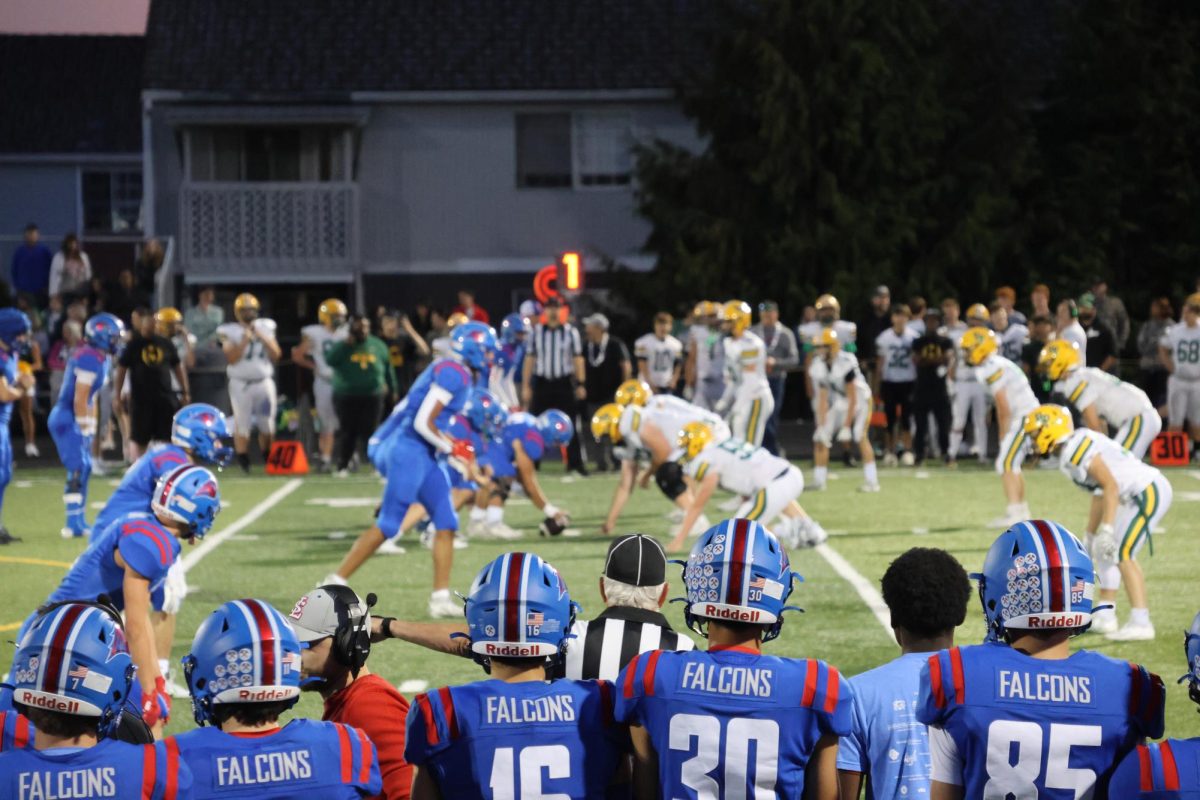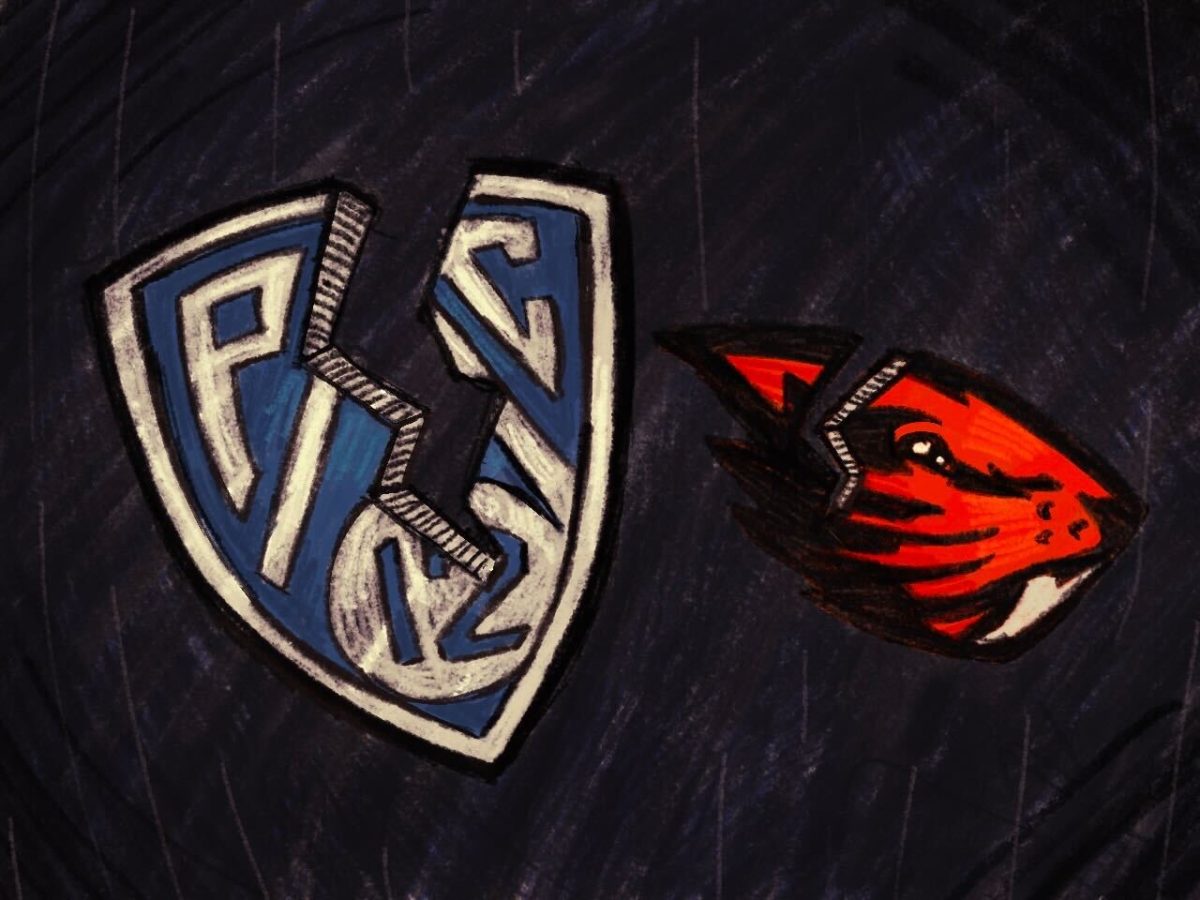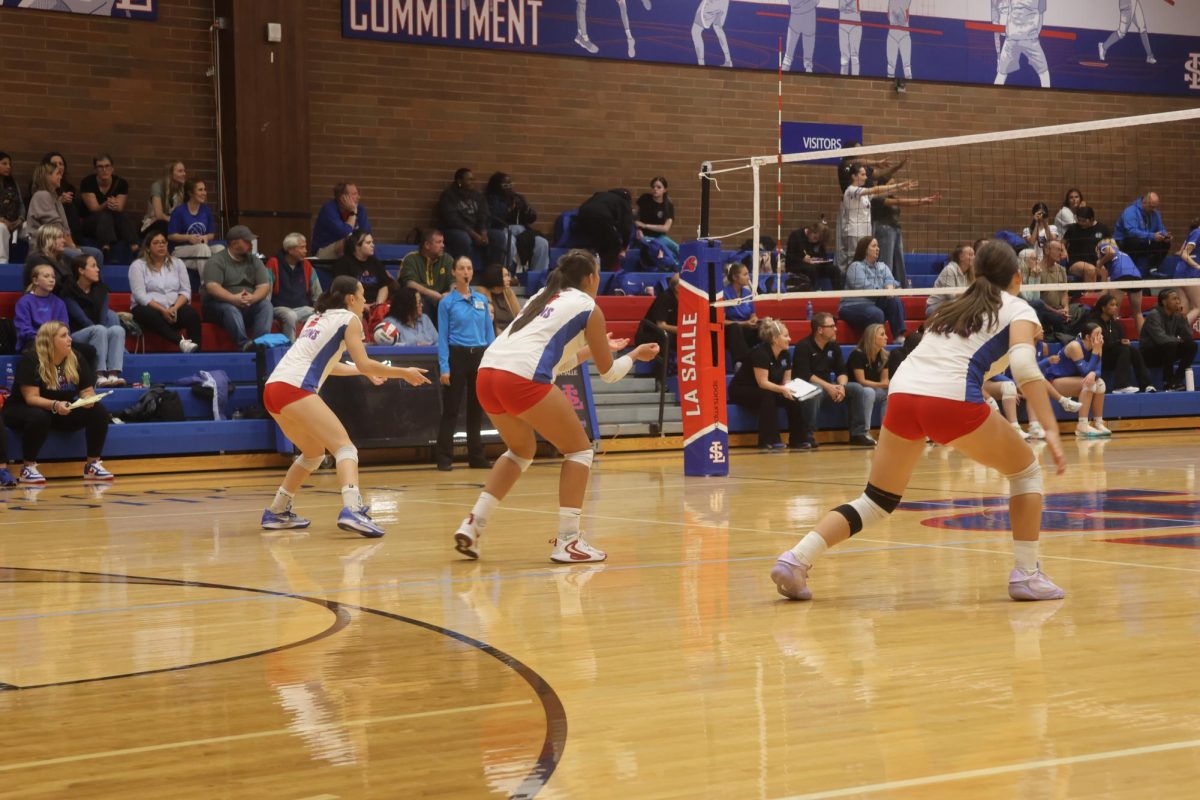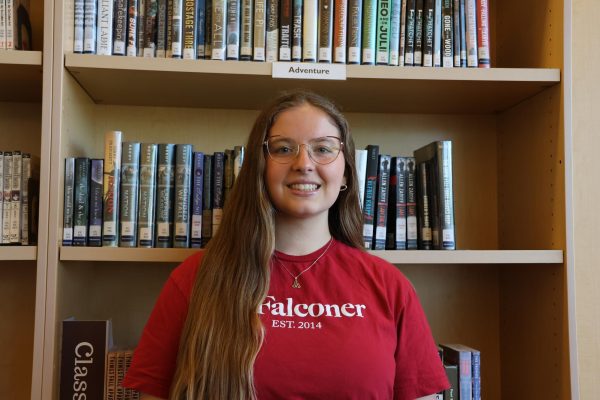Senior Cian Schutte hated rowing when he began in middle school, convinced to join the sport by a friend. Now, he loves it so much that it is his “number-one priority” and practically his “girlfriend.”
What changed?
His mindset.
After COVID-19, when racing started up again, Schutte began to look at rowing as a rewarding exercise and a tight-knit community, coming to enjoy the sport out of routine.
“I just got into the habit,” he said. “[It’s] three hours every day of cardio [and] muscle work. It hurts to walk the next day, but then I wouldn’t go for a day, and I’d not know what to do with myself.”
Each boat crew has eight people rowing and one at the bow giving directions. Schutte’s seat is number four on the boat, which he calls the “engine room.” While he acknowledged that rowers in his section may not always be the most technically sound, they carry the vast majority of the power in the boat. Every position has its specialized role, though, which they all need to do well, he said.
“In a lot of other team sports, like in soccer, basketball, hockey, baseball, you can have one guy that’s really good and he just carries your whole team,” Schutte said. “In rowing, you’re as good as your weakest link.”
Schutte said he does around 300 practices a year, as rowing is a year-round sport. He has practice every day of the week except Sundays, beginning at 4 p.m. and lasting about three hours. This leaves him with little time for schoolwork, and he often goes to bed around midnight to get work done.
“Everything in your body is telling you, ‘screw it, just go to bed,’” he said. “So it’s a mental struggle to be able to balance school and rowing at the same time.”
Schutte rows for Rose City Rowing Club, and the competitions they do each year depend on how much money the team fundraises for travel fees such as plane tickets for the team and to transport the boats cross-country.
The most well-known of the races that Schutte has participated in is the Head of the Charles in Boston, the largest three-day regatta in the world. Yearly, it draws around 400,000 spectators and features over 12,000 athletes from around the world competing in 74 different race events. Schutte attended fall of this year, which he was very happy about.
“That’s probably everyone’s dream — to go to that race and perform there,” Schutte said.
In spite of the natural competitive rivalry that comes with a sport, Schutte finds it easy to make friends with members of other rowing teams, as they all spend time with each other during regattas. He sees competitions as a chance to learn from and get to know rowers from other states and even different countries, appreciating that “there’s rowing on every level,” he said.
He feels that there’s a strong sense of identity and camaraderie between athletes no matter what team they row for because of how physically difficult the sport is.
“You know how hard they’re working, and you know how hard you’re working,” Schutte said. “There’s mutual respect.”
Other regattas that Schutte and his team attend include the San Diego Fall Classic, a 5K in San Diego, California, and the Brentwood Regatta, an international competition in Canada that draws teams from many different countries, including England, Australia, and Germany. Most often, though, Schutte competes in Seattle, Washington, which also happens to be the home of his club’s “biggest rivals,” the Green Lake Crew.
Looking to the future, Schutte will move even closer to his rivals than he does for the occasional competition, as he was recruited by Washington State University for rowing after a competitive recruitment process, he said.
“I did an official visit, and I have more experience through my high school and middle school career than anyone on the team at the moment,” Schutte said. “So they’re like, ‘Yeah, you’re going to be on the team. You’re going to be in a good boat. We can promise you that.”
More than just the university’s rowing program attracted Schutte, however. He described Pullman, Washington, where it’s located, as “a cute little city,” and the academic opportunities they offer align with what Schutte wants to pursue. He intends to complete a master’s degree program where he would receive a master’s degree in athletic training and a bachelor’s degree in sports medicine after only five years.
Schutte plans to be a physical therapist or an athletic trainer for a sports team. He loves soccer, and would especially like to fill either of these roles for Arsenal F.C., his favorite team in the premier league.
Additionally, he would enjoy being the coach of a rowing team.


